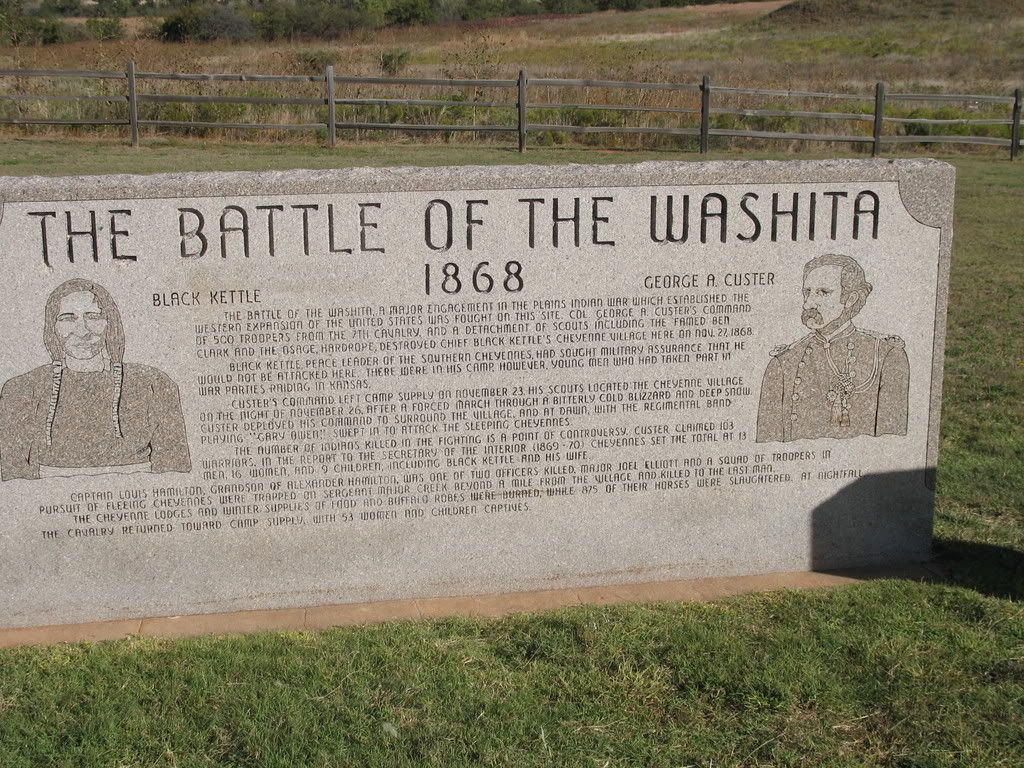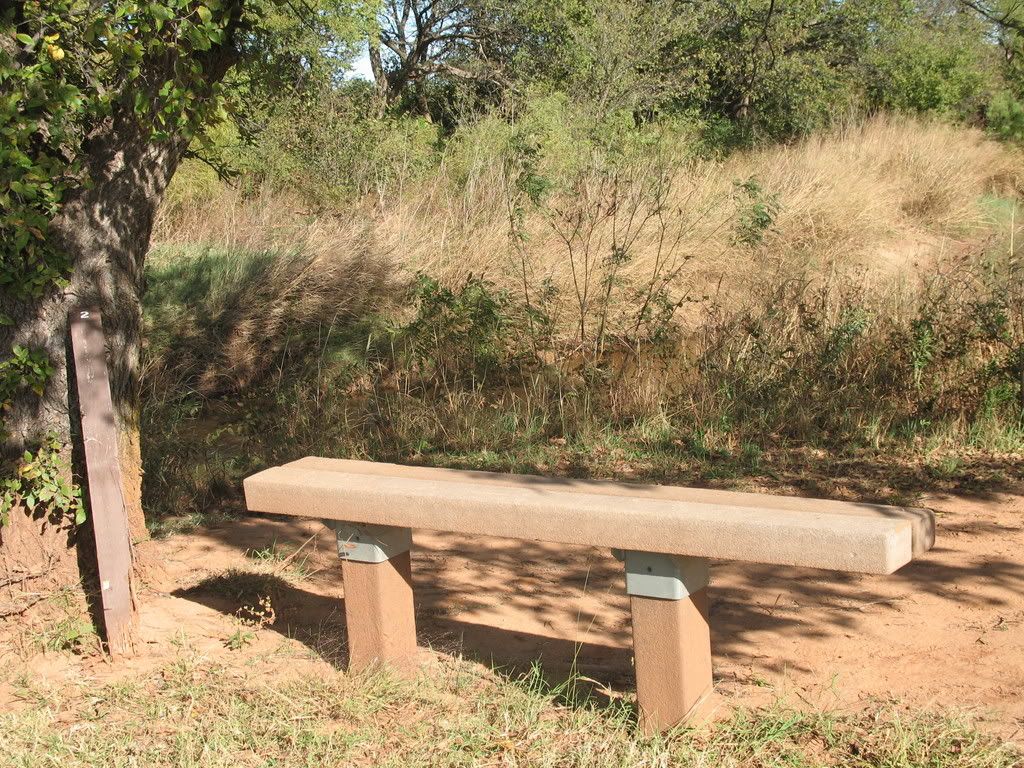The intent to commit genocide at Washita is hidden in plain view, unless key elements are brought together. These are: that the Cheyenne were placed on land where they would starve while promises to avert starvation were broken; that George Bent observed how Civil War soldiers did not harm white women and children by a “code of honor,” while Indian women and children were slaughtered; that Sheridan declared “The only good Indians I ever saw were dead;” and that the War Department did not differentiate between peaceful and warring Indians. Hence, the orders “to kill or hang all warriors.” As the consequence, the intent was to kill all men
of a specific race.
Tag: Moxtaveto
Nov 27 2010
142nd Anniversary of the Washita Massacre of Nov. 27, 1868
Nov 20 2009
The 141st Anniversary of the Washita Massacre of Nov. 27, 1868
The intent to commit genocide at Washita is hidden in plain view, unless key elements are brought together. These are: that the Cheyenne were placed on land where they would starve while promises to avert starvation were broken; that George Bent observed how Civil War soldiers did not harm white women and children by a “code of honor,” while Indian women and children were slaughtered; that Sheridan declared “The only good Indians I ever saw were dead;” and that the War Department did not differentiate between peaceful and warring Indians. Hence, the orders “to kill or hang all warriors.” As the consequence, the intent was to kill all men
of a specific race.
Jun 17 2009
Custer, Rape, Genocide, & Happy Meals
Nov 22 2008
The 140th Anniversary of the Washita Massacre of Nov. 27, 1868
The intent to commit genocide at Washita is hidden in plain view, unless key elements are brought together. These are: that the Cheyenne were placed on land where they would starve while promises to avert starvation were broken; that George Bent observed how Civil War soldiers did not harm white women and children by a “code of honor,” while Indian women and children were slaughtered; that Sheridan declared “The only good Indians I ever saw were dead;” and that the War Department did not differentiate between peaceful and warring Indians. Hence, the orders “to kill or hang all warriors.” As the consequence, the intent was to kill all men
of a specific race.
Nov 27 2007
The 139th Anniversary of the Washita Massacre of Nov. 27, 1868
The intent to commit genocide at Washita is hidden in plain view, unless key elements are brought together. These are: that the Cheyenne were placed on land where they would starve while promises to avert starvation were broken; that George Bent observed how Civil War soldiers did not harm white women and children by a “code of honor,” while Indian women and children were slaughtered; that Sheridan declared “The only good Indians I ever saw were dead;” and that the War Department did not differentiate between peaceful and warring Indians. Hence, the orders “to kill or hang all warriors.” As the consequence, the intent was to kill all men
of a specific race.
We’ll begin with Custer prior to the Washita Massacre along with the fact that the Cheyenne were forced onto land wherein they would starve.
Nov 08 2007
Moxtaveto’s (Black Kettle’s) Extermination on November 27, 1868 & a Request
When I wrote this last March,
The Death & Vision of Moxtaveto (Black Kettle)
Custer was pursuing the snow tracks of Dog Soldiers that would eventually lead to Black Kettle’s village on Thanksgiving Day in a cruel irony. The cruelest irony however, was that Black Kettle and his wife would be slain nearly four years to the day that they both escaped Chivington at the Sand Creek Massacre. Black Kettle’s honesty concerning young men in his village he could not control was of no avail. He and his village were going to be “punished” and broken beyond any immediate or distant recovery.
a Cheyenne Man had me when I was at Washita of the bench where he told me was the location of Moxtaveto’s extermination by Custer.
I sat under the tree facing the Washita River and thought hard about it.


